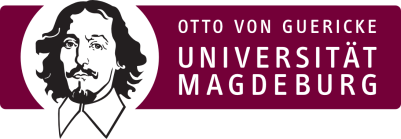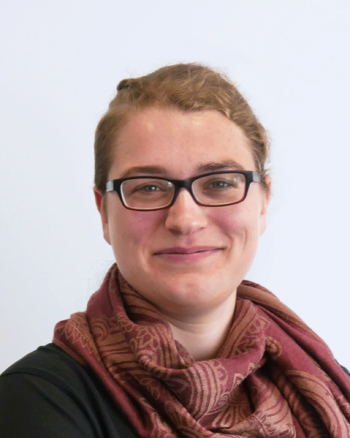oemof

Project description
The Open Energy Modelling Framework (oemof) is a tool for modelling and analyzing energy systems. It is an open-source software which is composed of flexible modules and can thus be compiled according to different specific needs. This makes it very useful for inter-sector studies.
Currently, research results are very often based on calculations made with energy system models. The details of these models very often remain in the shadows of research institutions, making it difficult for other researchers to understand and verify research results. If system models are inaccurate, the mistakes will not be detected and the whole reliability of the results could be at stake. Also, similar models are developed at different institutions at the same time, instead of joining forces and creating a shared reliable code base.
Joined forces – open for anyone
For oemof, we have chosen a different way. The modelling framework was created by RLI in collaboration with the Center for Sustainable Energy Systems (ZNES – University and University of Applied Sciences Flensburg) and Magdeburg University. It is available for everybody under the open-source license MIT and was developed and published via GitHub . oemof complies with the Best Practice Rules for Scientific Computing and the Transparency Checklist for Energy System Models.
Modular design for custom-made models
Oemof‘s structure allows different modelling approaches to coexist within one software framework. A central library is oemof.solph. It enables the optimization of power system models in the form of linear problems and mixed integer linear problems (MILP). Numerous examples demonstrating the functionality of oemof.solph are already available. In addition, numerous applications exist at the RLI that were developed using oemof and that demonstrate well the possibilities offered by oemof.solph:
- Urban power and heat sector-coupling in Berlin
- Modeling of power and supply in eastern Germany
- oemof-B3
- smooth
- multi-vector-simulator
Other German and European institutions are also already using oemof for research and teaching.
oemof is implemented in Python and builds upon different libraries. As our approach has been collaborative from the very beginning and relies on flexible modules, the concept offers maximum freedom for users concerning which functions they wish to employ. The software thus works for a myriad of use cases. As oemof is fully transparent, developers not only have the opportunity to modify and advance the models for their purposes, it also improves the credibility of studies and consulting services for businesses and policy makers that are based on energy system model calculations.
All energy system researchers and developers are welcome to use oemof and contribute to the framework’s future development!




